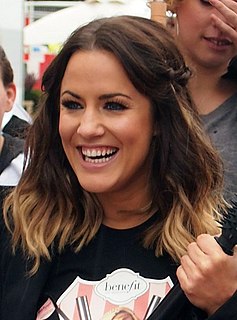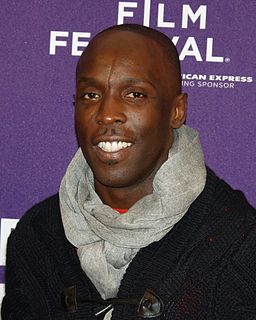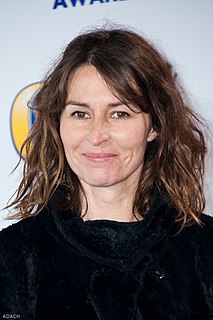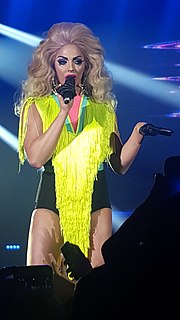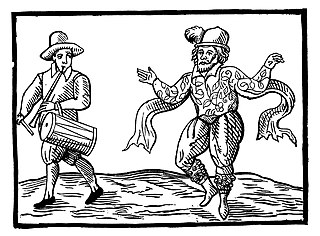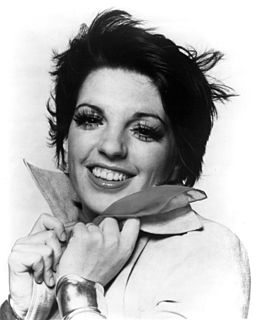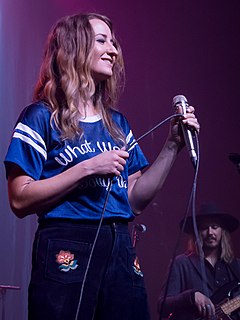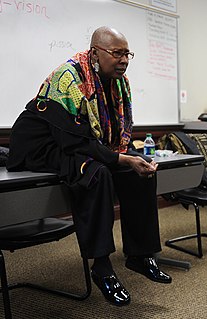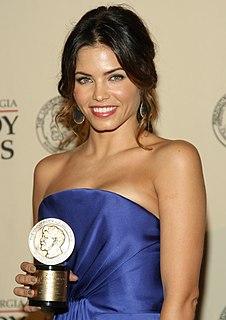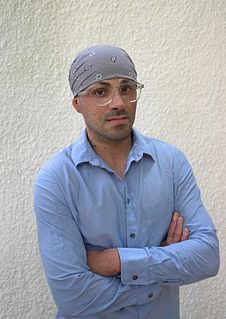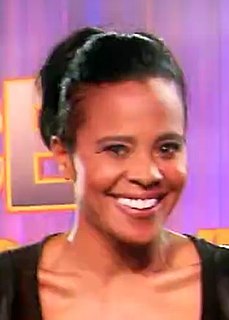A Quote by Caroline Flack
I trained as a dancer and did all that kind of stuff. And as a dancer, pressure's a good thing.
Related Quotes
What I found interesting in dance is the idea that my work has always been dealing with the nervousness between the human subject as a subject and the human subject as a form. And if you look at my dance films, there are always these cuts between the dancer as a form, the dancer as a subject, and this kind of very harsh treatment of the dancer as someone who's actually drawing with their body.
